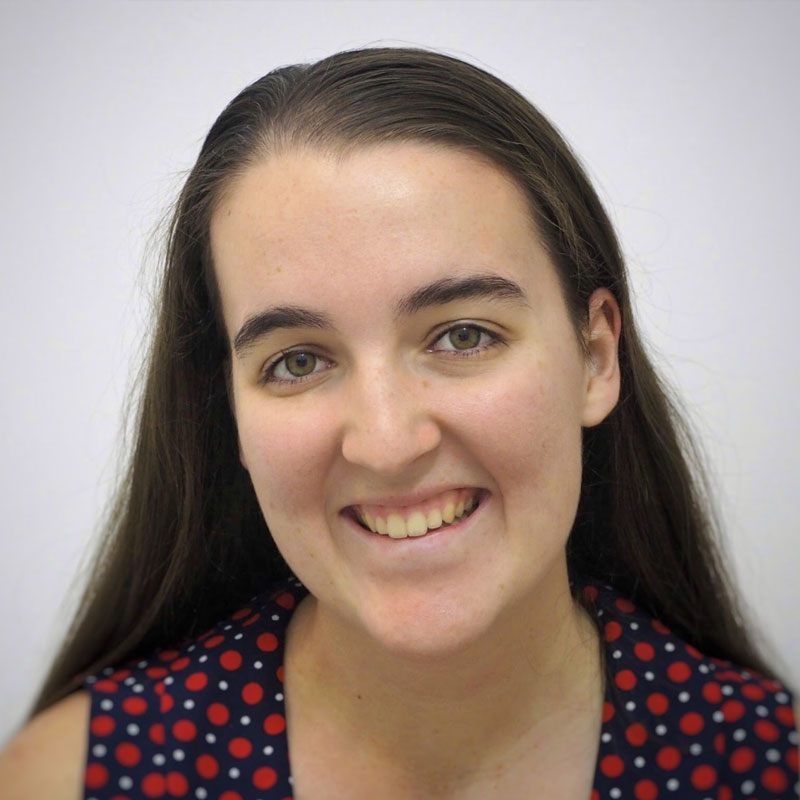This presentation explores how music therapy is beneficial for people who have sensory deficiencies (primarily visual/auditory). Whilst the content is relevant for all age groups, the main focus is children, especially those with double deficiencies (e.g blind & deaf), and multiple diagnoses. This presentation includes an overview of key literature, case-studies based on the presenter’s internships, as well as an interactive component which asks the audience to consider ways that our music therapy interventions can be adapted to make sessions more accessible for those with sensory deficiencies. This discussion aims to identify a) non-musical therapeutic goals for sessions, b) non-musical therapeutic supports for sessions and c) how other disabilities, medical conditions, or life circumstances can interact with the sensory deficiency and what this means for the music therapy session. This is of relevance to international music therapists as the clinical case studies are based in France.
Learner Objectives:
- Adapt existing assessment tools and procedures for the sensory deficient.
- Establish client goals and objectives that are relevant for the sensory capacities of clients/patients
- Engage in collaborative work with colleagues to identify ways that our music therapy interventions can be adapted to make sessions more accessible for those with sensory deficiencies.
- Examine one’s own assumptions, values, and biases surrounding music therapy for the visually and auditory deficient (especially those with double deficiencies or multiple diagnoses).
Presenter Biography:
Kate Walker is a Music Therapist based in Marseille, France. Her clinical experiences include adult psychiatry, retirement homes, medical assisted living facilities, as well as educational facilities for sensory deficient children.


